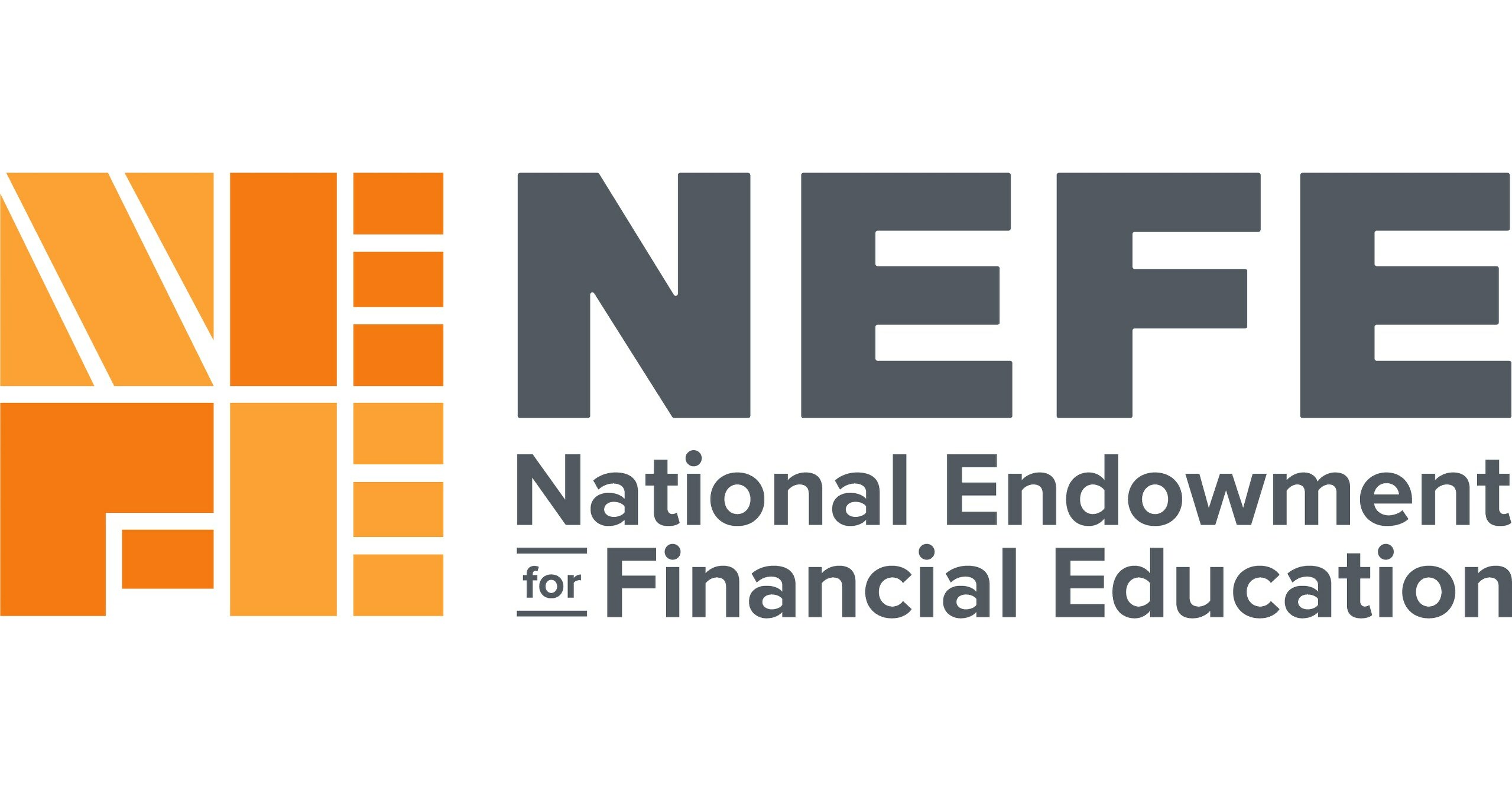5 Best Financial Literacy Courses

Want to take more control of your finances but don’t know where to start? It might feel overwhelming, but it doesn’t have to be. With the right tools and support, anyone can improve their financial skills.
This guide explores some of the best financial literacy courses available. These include free online programs and more structured ones that meet you where you are.
Key Points
- Financial literacy is a learnable skill that benefits people at any stage of life.
- Many trusted courses (like Intuit for Education) are free and available online.
- Hands-on tools and real-life simulations help make financial lessons stick.
- There’s a course for every goal, from basic budgeting to advanced investing.
- Learning how to manage money builds confidence and reduces financial stress.
Why Enroll in a Financial Literacy Course
Financial literacy can be a concern, especially in the United States, where only about half of adults are considered financially literate. That’s a large gap, especially as personal finance grows more complex. Student loans, credit scores, and retirement accounts can feel confusing. There’s a lot to figure out, but knowing where to start makes all the difference.
Taking a financial literacy course helps close those gaps. Instead of guessing your way through major decisions, a good class gives you a solid foundation to build from. Courses walk you through real-life scenarios, from creating a monthly budget to planning for retirement, to help you make smarter, more confident choices.
Top Financial Literacy Courses to Consider
Whether you’re looking for a free financial literacy class or something more in-depth to build your confidence with money and finances, the right course makes all the difference. Here are some of the top programs worth exploring:
Intuit for Education
- Who it’s best for: Educators in need of classroom-ready content, adult learners, parents teaching teens, youth clubs and organizations
- Price: Free
Intuit for Education offers a free financial literacy platform built around tools like TurboTax, Credit Karma, QuickBooks, and Mailchimp. Designed for students, teachers, and individual learners, it helps people understand money through real-life simulations. Adults looking to level up their money skills at a personalized pace can benefit from the Intuit for Education learner track, or select lessons and activities that resonate with their interests.
Khan Academy
- Who it’s best for: Beginners, teens, or anyone who prefers self-paced learning
- Price: Free
One of the most popular personal finance education options, Khan Academy offers a 100% free experience and covers some of the most important financial literacy topics in short, digestible topics:
- Saving
- Budgeting
- Credit
- Taxes
Coursera
- Who it’s best for: Mid-career adults or professionals who want to build deeper knowledge or boost their resume
- Price: Free to audit, optional paid certifications
Coursera partners with top universities to offer several online financial literacy courses. Many of these classes can be audited for free or provide paid certificates. Coursera offerings often dive deeper into investing, credit, and financial planning.
National Endowment for Financial Education (NEFE)
- Who it’s best for: Anyone looking for trustworthy, research-based financial education resources
- Price: Free
NEFE is a nonprofit dedicated to improving financial literacy through CashCourse (a platform for college students), research-backed teaching materials, and policy guidance. It isn’t a single class but a free library of resources that can support adults, teens, and educators looking for trustworthy financial education tools.
Community College and University Options
- Who it’s best for: Learners who want a traditional, instructor-led format with a more formal credential
- Price: Varies by institution, but can be affordable with financial aid
Many colleges offer for-credit and non-credit financial literacy classes that go beyond simple personal finance into professional services.
One of the first places to stop is your local community college. Many schools offer continuing education options with minimal time commitments that can help bolster your personal finance knowledge. These courses aren’t limited to small schools, however. Even big institutions like the University of Michigan offer personal finance courses that can give you an excellent grounding in finance in as little as six weeks.
If you find that personal finance (or finance in general) speaks to you, many universities let you expand your finance knowledge with whole degree programs.
Benefits of Taking a Financial Literacy Course
Here’s what you’ll gain when you invest time in learning about your finances:
- A solid understanding of how to build and stick to a budget
- Tools to reduce debt and avoid common financial traps
- Insight into how credit works (and how to improve your score)
- Confidence to start investing or planning for retirement
- Less stress around money and a clearer financial future
The skills you learn can be applied immediately, regardless of your income or background.
Start Building Your Finance Skills
Building your financial literacy goes beyond a one-time event to a lifelong skill. Dig out of debt. Save for your first home. Teach your teen how to budget. No matter your goals, the right financial literacy course can be a real game-changer.
If you’re ready to start learning, explore the free Intuit for Education curriculum. This gives you hands-on experience with powerful financial tools and helps build the skills you need to take charge of your financial future.
Research shows the Intuit for Education program makes a measurable difference. After completing the curriculum, students demonstrated a 21% increase in financial literacy, a 40% increase in financial confidence, and a 56% increase in financial capability. These results highlight how hands-on learning tools can empower both learners and educators to build lasting money skills
FAQs
Anyone who wants to feel more financially literate, capable, and confident about money can benefit from these courses.
Whether you’re a high school student, young adult, parent, or educator, these courses help build skills that apply to everyday life and long-term planning.
Both can work well. It depends on how you like to learn. Online courses offer flexibility and convenience, while in-person classes may offer more interaction and direct support. Many online options now include tools and videos that make learning just as hands-on.
Yes, free programs exist. Platforms like Intuit for Education, Khan Academy, and NEFE offer quality courses for free. Some platforms, like Coursera, charge for certification but let you audit most content without paying.
Most programs cover core topics like budgeting, saving, debt, credit, and investing. Some go further into taxes, financial planning, college funding, and retirement savings. This lets you choose the ideal class that fits your unique needs.
link





